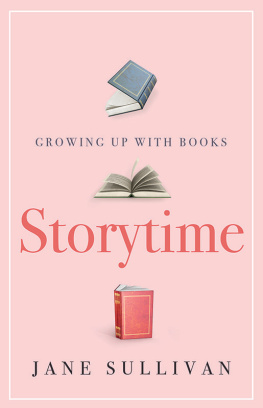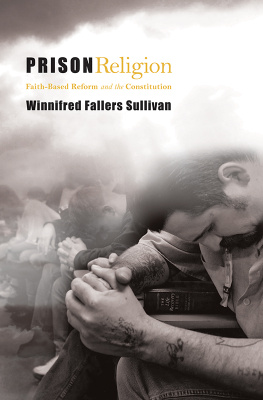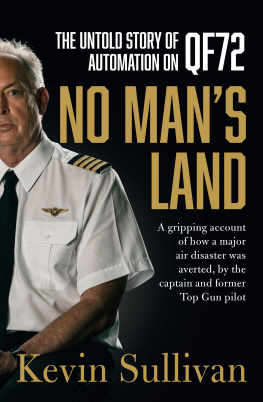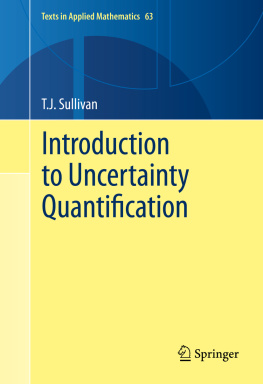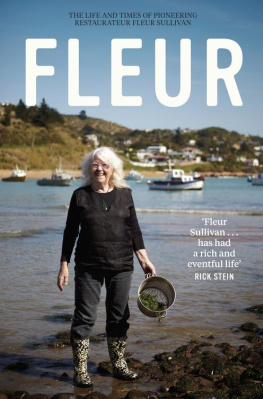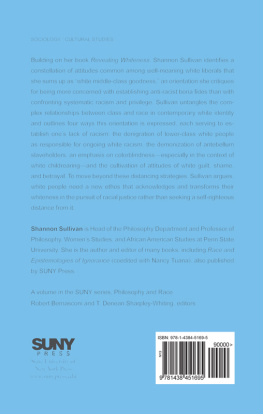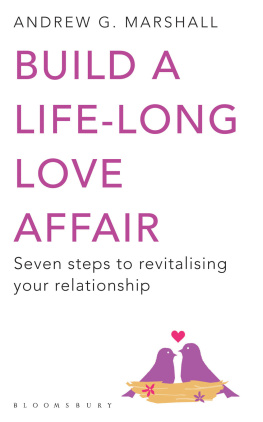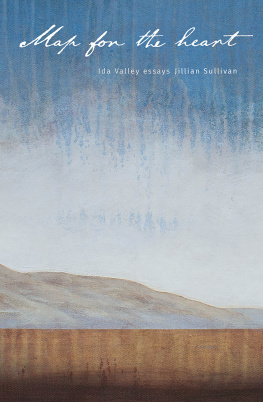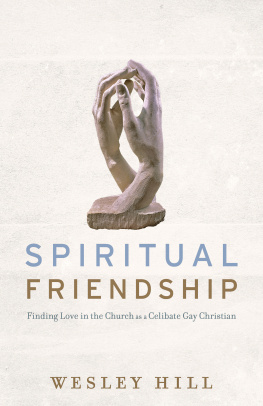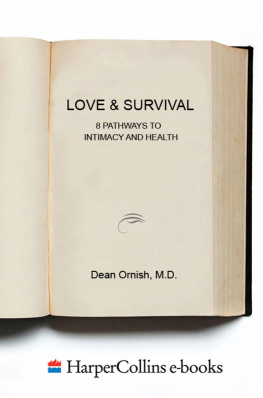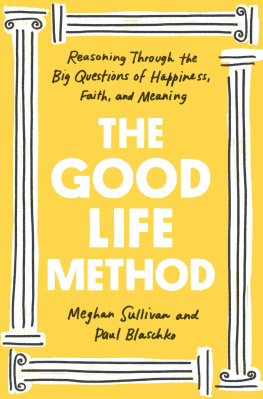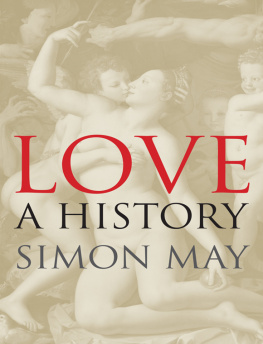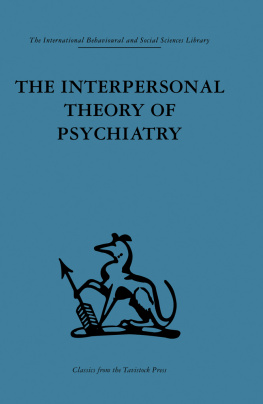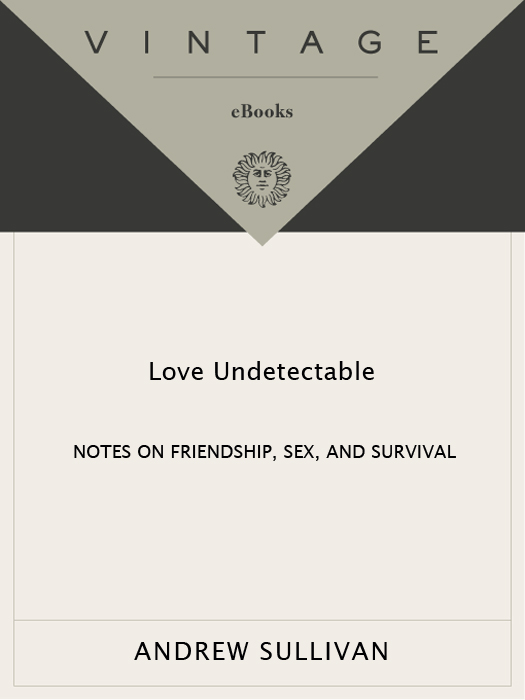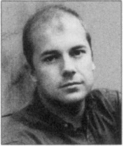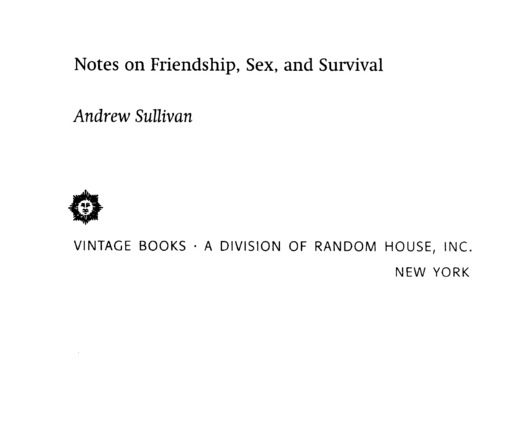ACCLAIM FOR Andrew Sullivans
LOVE UNDETECTABLE
Love Undetectable is a remarkably stimulating read, convincingly and undramatically argued; it combines insight and erudition in an absolutely individual manner and should be required reading for anybody engaged in the current messy, ill-informed public debate about homosexuality.
The London Times
The strength of Sullivans argument is that it resets our moral compass. By focusing on friendship, he restores the humanity of love, the dignity of human loves manifold expressions.
America
Written in prose as lyrical as F. Scott Fitzgeralds.
Hartford Courant
Sullivan moves into the personal with grace, mining his experiences of sickness faith, friendship, and loss to surprising philosophical effect.
Out Magazine
Sound, fair, respectful, and clear. His prose is often inviting, earnest, [and] gracious.
National Review
No one can fail to be impressed by the cogency, clarity and humanity with which Sullivan puts forward his arguments.
The Spectator (London)
Love Undetectable is full of ideas so universal they are relevant to all segments of society.
San Francisco Examiner
ALSO BY ANDREW SULLIVAN
Virtually Normal:
An Argument About Homosexuality
EDITOR
Same-Sex Marriage: Pro and Con
Andrew Sullivan
LOVE UNDETECTABLE
Andrew Sullivan is a contributing writer at The New York Times Magazine, and a senior editor of The New Republic, where he was editor from 1991 to 1996. He is the author of Virtually Normal: An Argument About Homosexuality and the editor of Same-Sex Marriage: Pro and Con. He writes a weekly column about the United States for The Sunday Times (London) and lives in Washington, D.C.
FIRST VINTAGE BOOKS EDITION, OCTOBER 1999
Copyright 1998 by Andrew Sullivan
All rights reserved under International and Pan-American Copyright Conventions. Published in the United States of America by Vintage Books, a division of Random House, Inc., New York, and simultaneously in Canada by Random House of Canada Limited, Toronto. Originally published in hardcover in the United States by Alfred A. Knopf, Inc., New York, in 1998.
Vintage and colophon are registered trademarks of Random House, Inc.
Owing to a limitation of space, all acknowledgments for permission to reprint previously published material may be found on .
The Library of Congress has cataloged the Knopf edition as follows: Sullivan, Andrew
Love undetectable : notes on friendship, sex, and survival / Andrew Sullivan. 1st ed.
p. cm.
ISBN 0-679-45119-6 (alk. paper)
eBook ISBN: 978-0-8041-5226-6
1. Gay menUnited StatesSocial conditions.
2. Gay menUnited StatesSexual behavior.
3. AIDS (Disease)PatientsUnited States.
4. HIV infectionsPatientsUnited States.
5. HomosexualityUnited StatesPublic opinion.
6. Public opinionUnited States. I. Title
HQ76.3.U5S85 1998
305.3896640973dc21 9813502
Vintage ISBN : 0-679-77315-0
Author photograph Jerry Bauer
www.vintagebooks.com
v3.1
FOR PATRICK, AND ALL THE OTHERS
Because I do not hope to know again
The infirm glory of the positive hour
T. S. Eliot, Ash-Wednesday
CONTENTS
PREFACE
THESE THREE ESSAYS are both connected and unconnected, a fact perhaps best explained by the following chronology. When I first sat down to write a book about friendship, I realized that I could not begin it without first writing about the death of one of my closest friends, and the puzzling context of new hope which surrounded it. From that piece of writing came an essay, When Plagues End, published on November 11, 1996, in the New York Times Magazine. In the way these things sometimes develop, I realized then that there was more to say about the experience of survival, and embarked on expanding When Plagues End into a broader essay, postponing for a while the work on friendship. And then in the process of writing, it occurred to me that, in fact, the two subjects were, after all, inseparable. So both When Plagues End and If Love Were All emerged as different answers to the same questions, different responses to the same period in my life, different parts, I hope, of the same book.
As for Virtually Abnormal, it was clear to me that in the post- AIDS political debate about homosexuality, something apolitical and unavoidable was re-emerging. And that was the psychological debate about the origins of homosexuality itself. I carefully avoided the issue in my first book, Virtually Normal, because I considered it irrelevant to a political discussion, and still do. It seems to me that the only relevant political issue with regard to the nature of homosexuality in a free society is whether it is honestly experienced by adult citizens as involuntary, whatever its genesis. But the question of where homosexuality comes from is still a fascinating one, and one that seemed to me increasingly central, if somewhat taboo, in the burgeoning discussion about sex, marriage, and homosexual relationships. It was also a question that, until the experience of the plague years, had always unnerved me. With the new possibility of survival, I wanted to test my nerve.
I hope these essays can be read separately, and make sense separately, but I hope also that their common context makes some sort of unifying sense. It is a context of extremity, and the questions such an experience, even as it recedes, continues to ask.
I am grateful to Adam Moss of the New York Times Magazine, who guided the first draft of When Plagues End. (About a third of the first essay is adapted from that article. One small passage about the AIDS quilt also appeared first in The New Republic.) And I would like to thank Sarah Chalfant, Alane Mason, Joe Landau, Joe James, Jeff Hoover, Robert Cameron, Teresa Lynch, Barney McManigal, Wendy Kohn, Evan Wolfson, Patrick Giles, Steve Daigneault, Christopher Devron, S.J., John Dugdale, Greg Scott, Liz Young, Andrew Wylie, Naomi Wolf, Chris Keller, and Roy Tsao for reading drafts, offering encouragement, and giving invaluable suggestions along the way. My colleagues on the Beyond Queer list server also kept me stimulated and alert throughout the writing of this book, and generated discussions which informed its contents. My doctors, Jerry Groopman, Tim Price, and Betty-Ann Ottinger, kept me on an even keel throughout. The support of my editor, Jane Garrett, and my agents, Andrew Wylie and Sarah Chalfant, was vital to the books existence. And Chris Grasso helped me not only improve the manuscript immeasurably but also understand why no account of friendship in words can approximate the beauty of it in action.
All the undetected errors, of course, remain my own.
Washington, D.C., June 1998
1. WHEN PLAGUES END
The sense of what is real the thought
if after all it should prove unreal
Walt Whitman,


